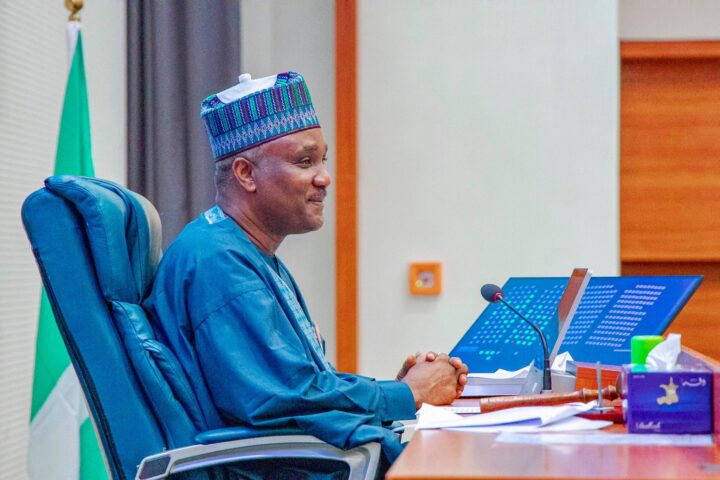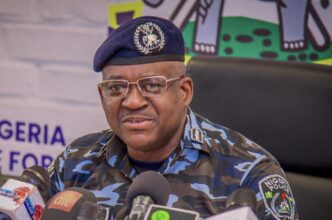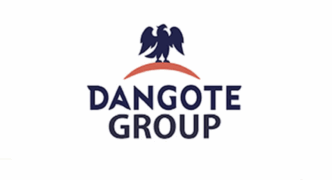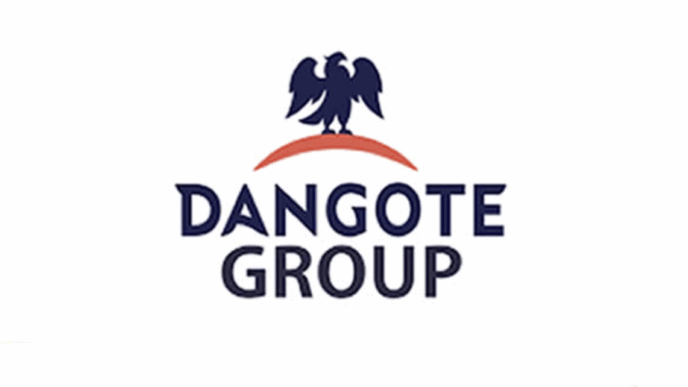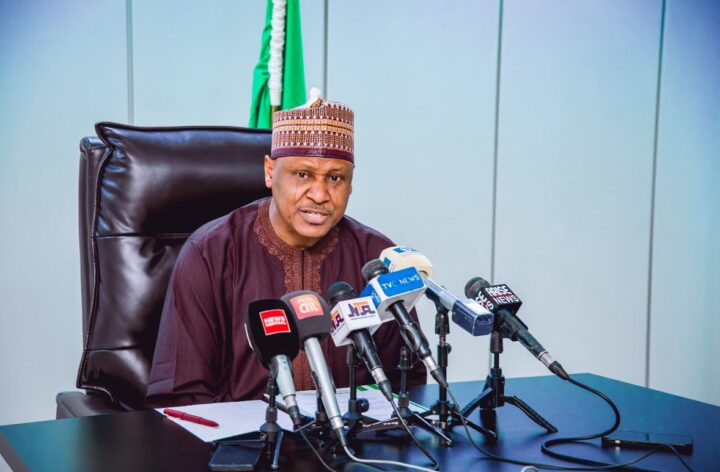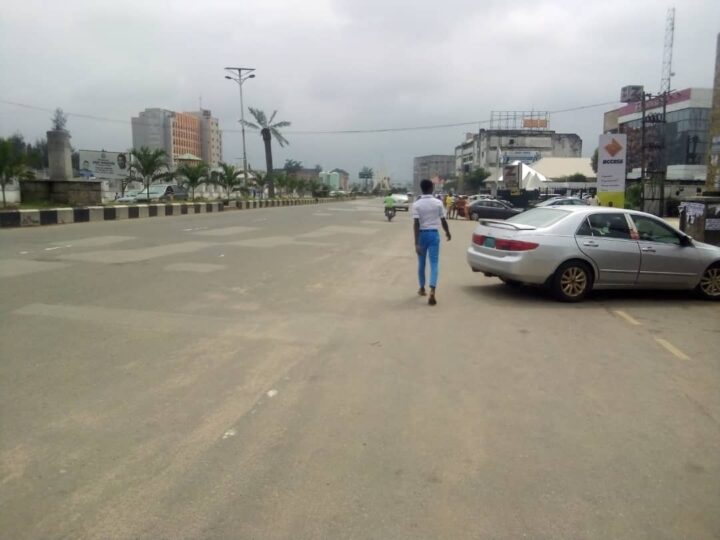Tajudeen Abbas, speaker of the house of representatives
Tajudeen Abbas, speaker of the house of representatives, says the parliament is working with state assemblies and local governments to ensure “effective” devolution of power and resources.
Speaking on Tuesday at the citizens’ roundtable in Owerri, the capital of Imo, Abbas said the house is committed to strengthening local governance structures.
Represented by Julius Ihonvbere, the house leader, Abbas noted that development must begin at the grassroots level, where the needs of the people are most immediate and visible.
“To this end, we are working closely with state houses of assembly and local government councils to ensure the effective devolution of power and resources,” he said.
Advertisement
“Beyond this, the house shall also work with relevant organs of government to guarantee full compliance with the provisions of our constitution that enshrine devolution of power to the local governments.
“Our goal is to create a governance framework that is both inclusive and responsive, where communities feel the presence of government in their daily lives. By building stronger local institutions, we are laying the foundation for improved service delivery, deeper civic participation, and a democracy that truly reflects the will and aspirations of the people.”
Abbas also highlighted some areas of constitutional amendment that will deepen inclusion, describing the bill to create reserved seats for women as sacrosanct.
Advertisement
”This initiative is not merely symbolic; it is a deliberate step to deepen inclusiveness, strengthen democratic participation, and harness the proven leadership capacity of women in governance,” he said.
He noted that the number of women in the national assembly is less than five percent, saying it is “far from satisfactory” compared with other legislatures across Africa.
On youth development, Abbas said the parliament is grooming young Nigerians for leadership roles.
He said young people represent the nation’s strength and must be positioned to participate directly in governance, adding that lawmakers are expanding opportunities for youth development.
Advertisement
“Through programmes such as legislative mentorship, leadership training, and skills development, we are equipping the next generation with the knowledge and tools to take up the mantle of leadership,” he said.
“We also seek to broaden the avenues for civic engagement so that young Nigerians not only witness governance but contribute directly to its outcomes. In doing so, we are investing in a future where the vibrancy, creativity, and energy of our youth become central to the renewal and resilience of our democratic institutions.
“From focused discussions on appropriation and state policing to deliberations on national security, state police, economic resilience, political inclusion, and equitable gender representation, we have remained unwavering in our commitment to aligning our legislative efforts with the dynamic aspirations of the people we serve.”
He said the house is considering granting traditional rulers well-defined roles.
Advertisement
“The house is presently exploring ways of strengthening the role of traditional rulers in governance through the constitution review process that will define clear responsibilities and reinforce their authority in line with democratic principles,” he said.
Abbas said the initiative is part of a broader agenda to reach every demographic in the country and ensure that governance reflects the nation’s unique cultural diversity.
Advertisement
